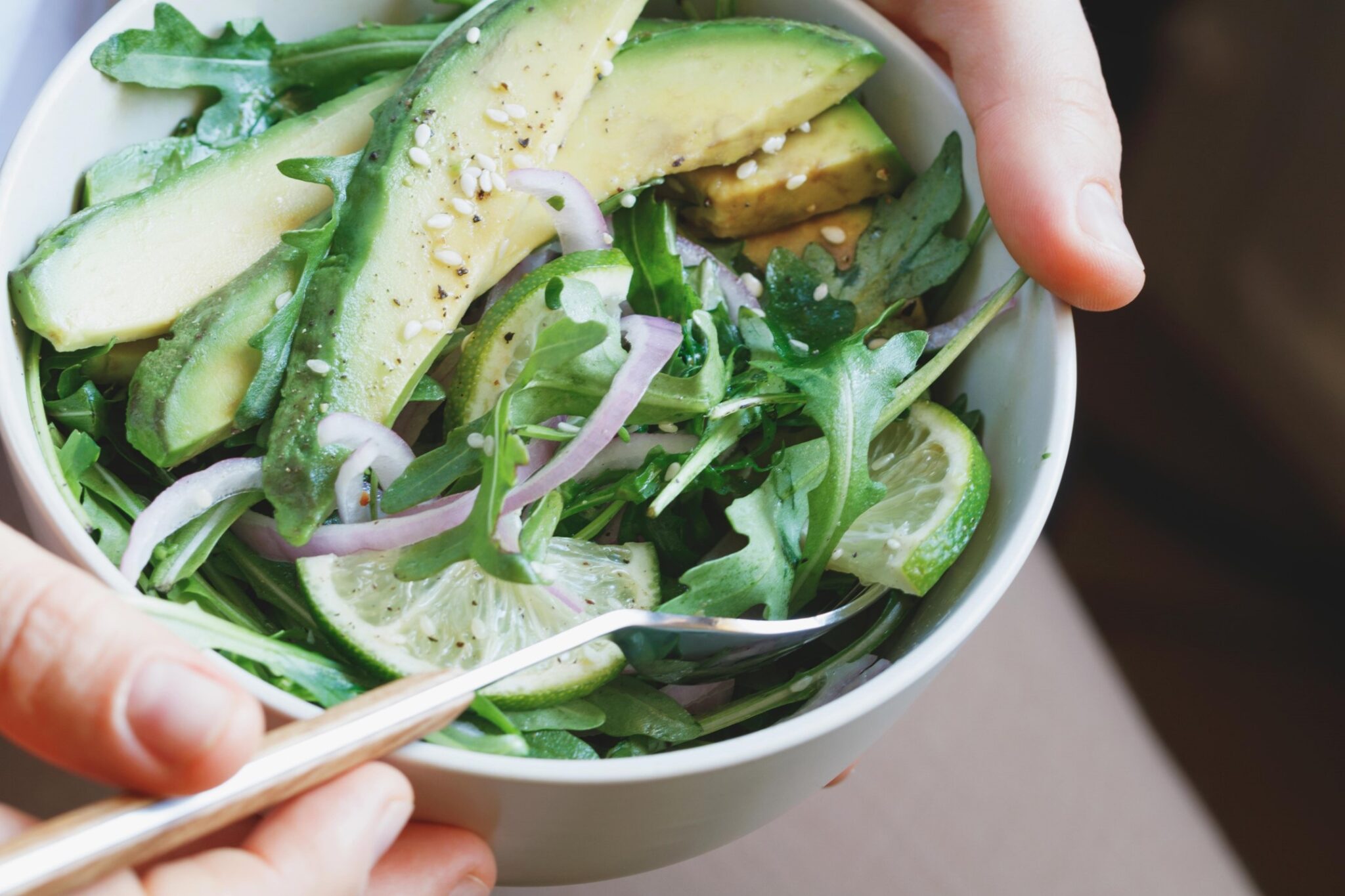Healthy food choices are something that everyone wants to do, but it can be difficult to know what foods to choose. Making the right food choices is essential to maintaining a healthy lifestyle. By incorporating the right amount of grains, vegetables, fruits, milk, and proteins into your diet, you can achieve your health goals. In this article, we will discuss the recommended daily intake of each food group and the best choices to make.
1. Grains
Grains are an important part of a healthy diet. You should consume 6 ounces of grains per day, and at least half of those grains should be whole grains. Whole grains contain more fiber, which can help you feel fuller longer and aid in digestion. To get the recommended daily amount, you can eat 3 ounces of whole grain cereals, breads, rice, crackers, or pasta. You can get an ounce of grains in a single slice of bread or 1 cup of cereal.
2. Vegetables
Vegetables are an essential part of a healthy diet. You should eat 2 1/2 cups of vegetables each day, and they should be varied. Dark vegetables, such as broccoli and spinach, are especially important, as they contain more nutrients than lighter-colored vegetables. Carrots and sweet potatoes are also good choices. In addition to these, you should eat more dry beans such as peas, pinto beans, and kidney beans. These can be added to soups, salads, or eaten as a side dish.
3. Fruits
Fruits are an important source of vitamins and minerals. You should try to eat 2 cups of fruit each day, and focus on eating a variety of fruits, including fresh, frozen, canned, or dried. You can also drink fruit juices, but you should use moderation when doing so, as they can be high in sugar.
4. Milk
Milk is an excellent source of calcium, which is essential for healthy bones and teeth. For adults, 3 cups of milk per day is the ideal goal. For children between the ages of 2-8, 2-cup is recommended. When choosing milk products or yogurt, you should go for fat-free or low-fat options. If you do not like milk or cannot have it, you can choose lactose-free products or other sources of calcium, such as fortified foods and beverages.
5. Proteins

Protein is very useful in building and repairing tissues in the body. You should aim to eat 5 ounces of protein each day, and it is best to choose lean protein sources such as fish, beans, peas, and nuts. When cooking meat, it is important to bake, grill, or broil it instead of frying it, as this will prevent grease from adding to the equation.
6. Limiting Solid Fats and Sodium
When cooking your food, you should also limit solid fats such as butter, margarine, shortening, and lard. These foods may add flavor to your dishes, although they can also contribute to high cholesterol. It is important to keep saturated fat, trans fat, and sodium low, and you can check the nutrition facts label on the food package to ensure you are making the right choices.
Conclusion
By choosing the right foods and being mindful of your diet, you can help control your lifestyle and achieve your health goals. Exercise is also an important part of a healthy lifestyle, so be sure to incorporate physical activity into your daily routine. Eating healthy will help you keep an active lifestyle for years to come and improve your long-term health.
FAQ
What is the recommended daily intake of grains?
The recommended daily intake of grains is 6 ounces, with at least half being whole grains. Grains are an important source of carbohydrates, which provide energy for our bodies.
How many cups of vegetables should I eat each day?
According to the USDA, adults should aim to eat 2-3 cups of vegetables per day. Vegetables are a great source of vitamins, minerals, and fiber, and they can help lower your risk of chronic diseases like heart disease and cancer.
Is it necessary to take supplements if I eat a healthy diet?
If you are eating a healthy, balanced diet that includes a variety of foods from all the food groups, you do not need to take supplements. However, there are some cases where supplements might be necessary, such as if you have a vitamin deficiency or if you are pregnant or breastfeeding. It is always a good idea to talk to your healthcare provider before starting any new supplements.
Can I still eat my favorite foods if I am trying to eat healthy?
Of course! Eating healthy does not mean you have to give up all your favorite foods. It is all about moderation and balance. Remember, you can still enjoy your favorite foods but try to make healthier choices most of the time.

